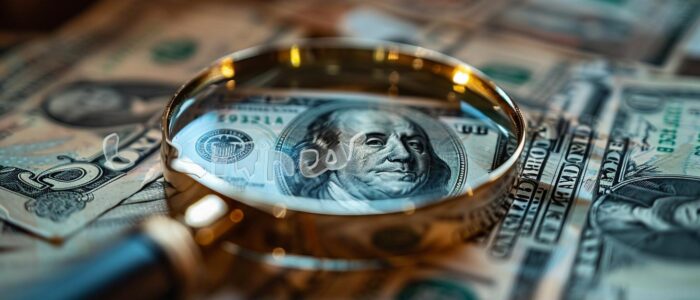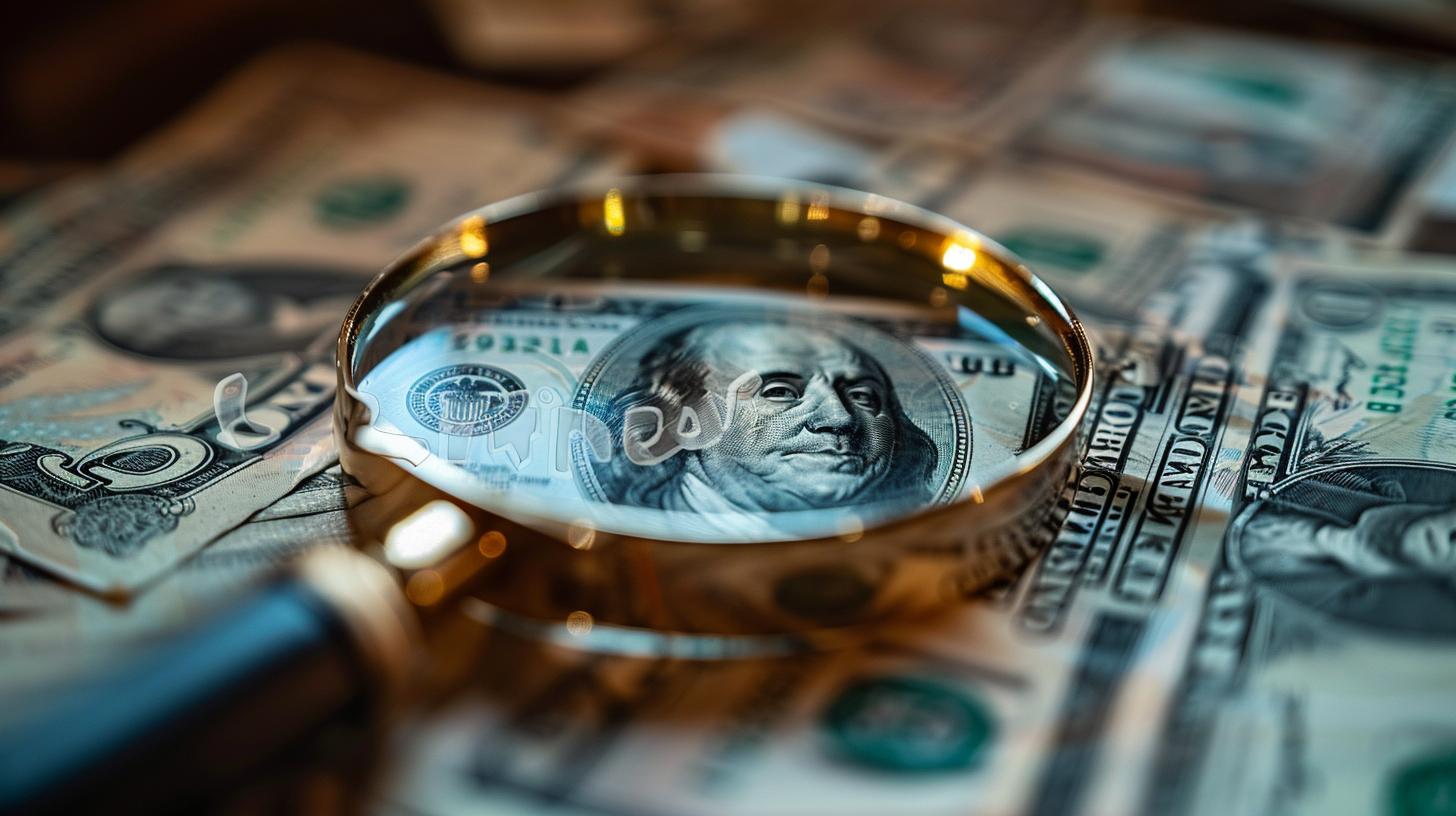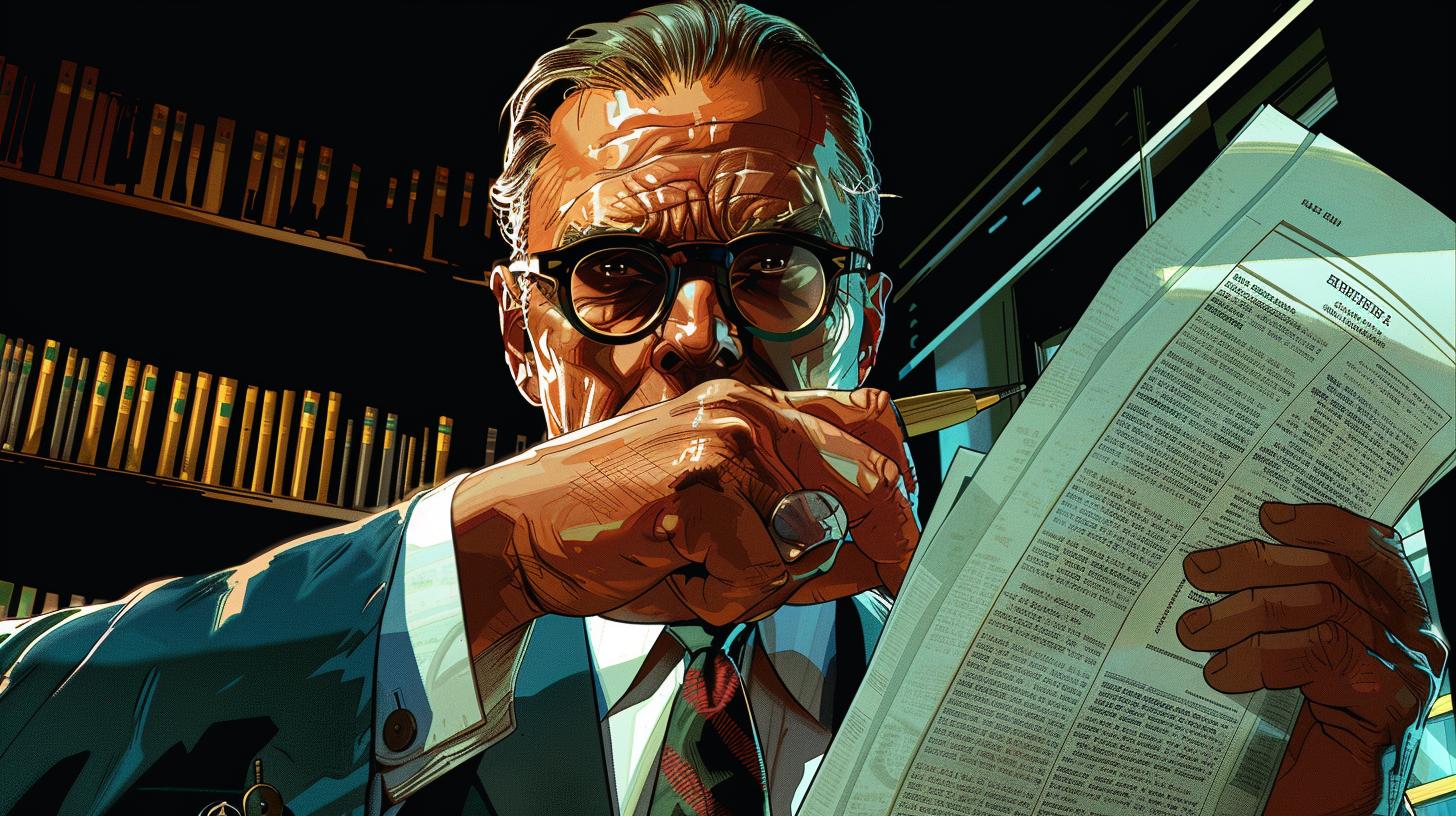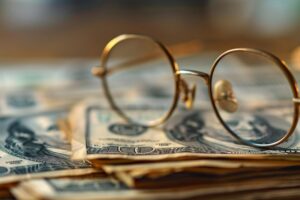Insider trading is a serious offense that can undermine the integrity of financial markets. Regulatory agencies like the Securities and Exchange Commission (SEC) and the Department of Justice (DOJ) play a key role in investigating and prosecuting insider trading cases.
These entities work to enforce laws and regulations aimed at preventing and deterring illegal trading practices.
What is Insider Trading?
Insider trading involves the buying or selling of a security by someone who has material non-public information about that security, which could affect its price. This practice is considered illegal and unethical in the financial markets.
Definition of insider trading
Insider trading is defined as the act of trading a public company’s stock by individuals with access to non-public information about the company. This can include corporate officers, directors, or employees who have privileged details not available to the general public.
Who can be considered an ‘insider’?
- Corporate executives
- Board members
- Employees
- Close family members
Anyone who possesses confidential, non-public information about a company can be considered an ‘insider’ and is subject to insider trading regulations and laws.
How Insider Trading is Detected
Methods for detecting insider trading
Various methods are utilized to detect insider trading activity within the financial markets. Market surveillance, which involves monitoring trading patterns and volume, is a primary method used to identify suspicious trading activity that may indicate insider information being exploited.
Other methods include:
- Analysis of unusual trading patterns
- Monitoring of employee trading activity
- Whistleblower reports and tips
Technology and insider trading detection
Advancements in technology have significantly enhanced the ability to detect insider trading. Data analytics and artificial intelligence tools are commonly employed to analyze massive amounts of market data in real-time, identifying potential instances of insider trading based on trading patterns, communication records, and other relevant data points.
Additionally, the use of algorithms and machine learning algorithms has improved the accuracy and efficiency of detecting insider trading activities.
Consequences of Insider Trading
The consequences of engaging in insider trading can vary depending on the severity and impact of the illegal activity. There are both legal and financial penalties that individuals and entities may face if found guilty of insider trading.
Legal consequences for insider trading
- Fines: Individuals convicted of insider trading may be subject to significant fines imposed by regulatory bodies or courts.
- Imprisonment: In serious cases, individuals involved in insider trading can face prison sentences, with the length varying based on the extent of the offense.
- Bar from trading: Those found guilty of insider trading may be barred from participating in trading activities in the future, limiting their ability to engage in financial markets.
Civil and criminal penalties for insider trading
- Civil penalties: Individuals or companies involved in insider trading may be required to pay monetary damages to those affected by their actions, compensating for any losses incurred.
- Criminal charges: In addition to civil penalties, individuals may also face criminal charges for insider trading, leading to additional legal consequences such as fines or imprisonment.
- Loss of reputation: Even if not legally punished, individuals involved in insider trading can suffer reputational damage that affects their professional relationships and credibility.
Overview of Insider Trading Laws
When it comes to insider trading, there are specific laws and regulations that govern this illegal activity.
Understanding these laws is crucial for maintaining the integrity of financial markets.
Federal laws on insider trading
- The federal government has established laws that prohibit insider trading in the United States.
- The Securities Exchange Act of 1934, specifically Rule 10b-5, prohibits fraudulent activities in connection with the purchase or sale of securities.
- The Insider Trading Sanctions Act of 1984 imposes penalties on individuals who engage in illegal insider trading.
State laws and regulations
- On top of federal laws, individual states may have their own regulations regarding insider trading.
- States like New York and California have laws that complement federal regulations and provide additional enforcement mechanisms.
- State authorities work in conjunction with federal agencies to investigate and prosecute insider trading cases.
Regulatory Agencies and Entities
Regulatory agencies play a crucial role in investigating and enforcing laws related to insider trading.
These agencies monitor financial markets to ensure fair and transparent trading practices.
Securities and Exchange Commission (SEC)
- The Securities and Exchange Commission (SEC) is the primary regulatory agency responsible for enforcing federal securities laws.
- It investigates and prosecutes cases of insider trading to maintain market integrity and protect investors.
- The SEC has the authority to bring civil enforcement actions against individuals or companies engaged in illegal trading activities.
Financial Industry Regulatory Authority (FINRA)
- FINRA is a self-regulatory organization that oversees brokerage firms and registered brokers in the United States.
- It works to detect and prevent insider trading by implementing rules and regulations for its members.
- FINRA conducts market surveillance and investigates suspicious trading activities to ensure compliance with securities laws.
Department of Justice (DOJ)
- The Department of Justice (DOJ) is responsible for prosecuting criminal cases of insider trading.
- It works in collaboration with other regulatory agencies to investigate and bring charges against individuals involved in illegal trading practices.
- The DOJ seeks to deter insider trading through the imposition of criminal penalties, including fines and imprisonment.
Case Studies
Exploring famous cases of insider trading can shed light on the severity of this illegal practice and its repercussions.
Let’s delve into some notable instances and examine the impact these cases have had on the financial industry.
Famous cases of insider trading
- Martha Stewart and ImClone Systems
- Raj Rajaratnam and Galleon Group
- Ivan Boesky and the 1980s Wall Street scandal
Impact of insider trading cases
These high-profile cases not only tarnished the reputations of individuals involved but also eroded trust in the integrity of financial markets. The repercussions of insider trading extend beyond legal penalties, affecting market stability and investor confidence.
Importance of Market Integrity
Maintaining integrity in the stock market
Ensuring the integrity of the stock market is crucial for fair and efficient trading. Market integrity fosters investor confidence and helps prevent market manipulation and abuse. Transparency and accountability in market transactions are key to preserving market integrity.
Securities fraud and market stability
Securities fraud undermines market stability by eroding trust in the financial system. Illegal activities like insider trading can destabilize markets, leading to economic instability and harming both individual investors and the overall economy.
Vigilant enforcement of regulations and swift action against securities fraud are essential to maintaining market stability.
.



















